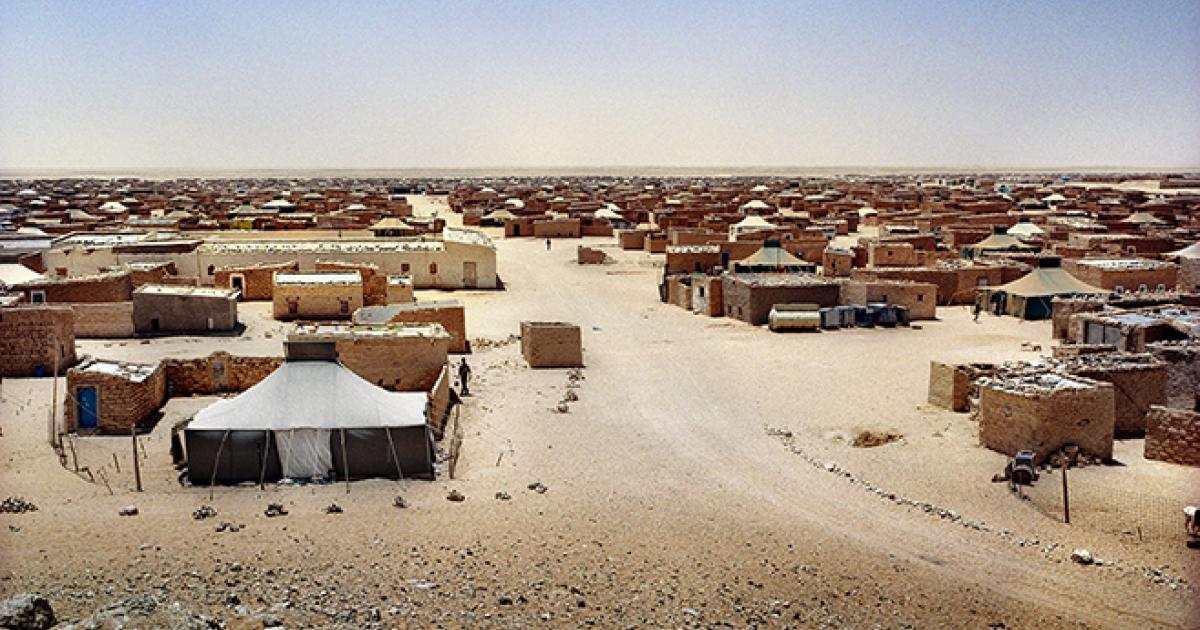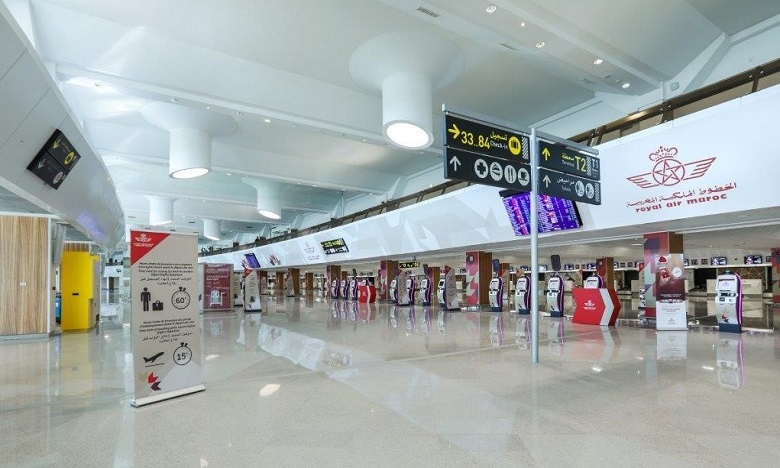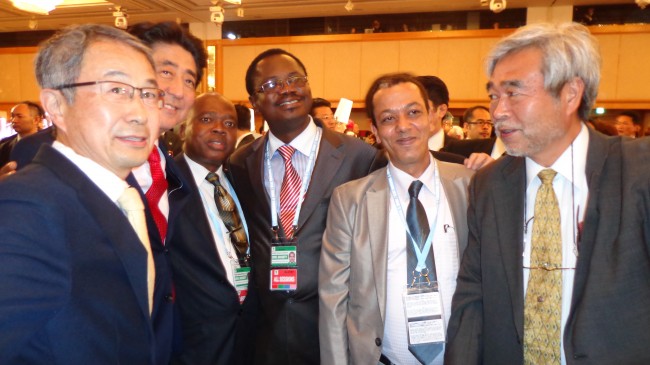Dutch King Willem-Alexander apologized on Saturday (1 June) — the day to remember the 160th anniversary of abolition of slavery in the Netherlands — for his country’s role in slavery, acknowledged that racism is still a problem and asked for forgiveness in a historic speech.
The Netherlands formally abolished slavery in its colonies in 1863, but has only recently begun to actively acknowledge its participation in the practice. The king’s speech followed Dutch Prime Minister Mark Rutte’s apology in late 2022 for the Netherland’s role in the slave trade and slavery that involved his country and its once widespread colonial territories, that ranged from Indonesia to the Caribbean. It is part of a wider reckoning with the colonial legacy of the West that has been spurred in recent years by the Black Lives Matter movement.
Dutch King Willem-Alexander lays a wreath at the slavery monument Saturday after apologizing for the royal house’s role in slavery in a speech greeted by cheers and whoop. Willem-Alexander, whose family has ruled over parts of the Netherlands for more than two hundred years, laid a wreath at the slavery monument after apologizing for his ancestors’ role in perpetuating a global slave trade that saw hundreds of thousands of colonized peoples trafficked away from their homes to work on enterprises that enriched the Dutch state. The Dutch first became involved in the trans-Atlantic slave trade in the late 1500s and became a major trader in the mid-1600s, through the Dutch West India Company, reportedly earning king’s ancestors the modern-day equivalent of 545 million euros, according to a research published last month.


